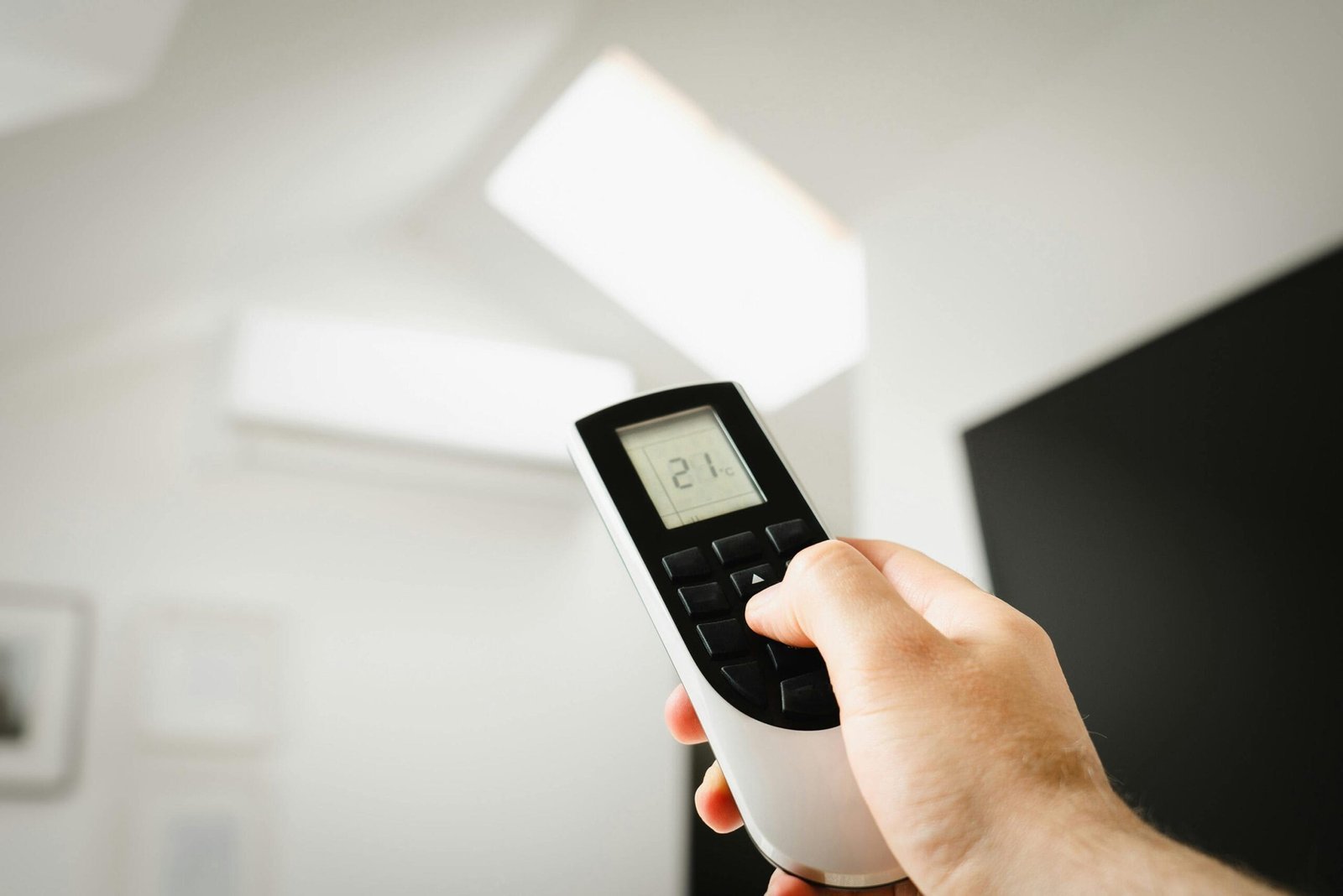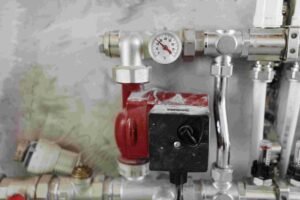When it comes to maintaining a comfortable living environment, having the right HVAC (heating, ventilation, and air conditioning) system is crucial. Not only does it affect your comfort, but it also impacts your energy bills and the overall efficiency of your home. With so many options available, how do you choose the right one? This guide will walk you through the essential factors to consider when selecting an HVAC system for your home.
Types of HVAC Systems
- Central Air Conditioning
- Central air conditioning systems are popular for their ability to cool an entire home using a network of ducts. They work by circulating cool air through vents, providing even temperature distribution. If your home has existing ductwork, this might be the best option for you.
- Ductless Mini-Split Systems
- Ideal for homes without ducts, ductless mini-split systems consist of an outdoor compressor and one or more indoor air handling units. They offer flexibility in temperature control for individual rooms, making them energy-efficient and versatile.
- Heat Pumps
- Heat pumps can provide both heating and cooling, making them a year-round solution. They work by transferring heat rather than generating it, which can lead to lower energy costs. In moderate climates, heat pumps are highly efficient.
Factors to Consider
- Home Size and Layout
- The size of your home plays a critical role in determining the type of HVAC system you’ll need. A system that is too small will struggle to maintain comfortable temperatures, while one that is too large will cycle on and off frequently, leading to inefficient operation.
- Energy Efficiency Ratings
- Look for systems with high Seasonal Energy Efficiency Ratios (SEER) for air conditioning and Annual Fuel Utilization Efficiency (AFUE) ratings for heating. Energy-efficient systems may cost more upfront but can lead to significant savings on your utility bills over time.
- Budget Considerations
- Set a realistic budget not just for the purchase but also for installation and future maintenance. While some systems may have a higher initial cost, they may offer better long-term savings.
Consult with a Professional
Once you’ve narrowed down your options based on the above factors, it’s essential to consult with a qualified HVAC professional. They can provide personalized recommendations, perform necessary calculations, and ensure proper installation.
Conclusion
Choosing the right HVAC system for your home is an important decision that impacts comfort, energy efficiency, and your overall quality of life. By understanding the different types of systems and considering the factors that affect your choice, you can make an informed decision that will keep your home comfortable for years to come. Don’t hesitate to reach out to a professional for guidance tailored to your specific needs.





